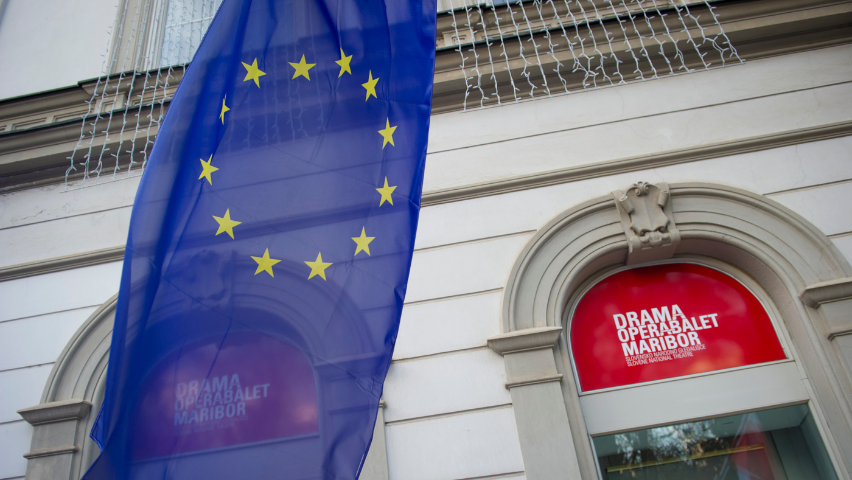The upcoming EU election on June 9, 2024, is rapidly approaching. Building on the #CulturalDealEU initiative, Europe Direct Stockholm, in collaboration with Intercult, will host a seminar focusing on the role of culture in European cooperation. The seminar will take place alongside the celebration of Europe Day on May 7, 2024, at Kulturhuset in Stockholm. In light of the seminar, we will explore what the EU is currently doing for the culture and how culture is being discussed in relation to the European elections. What role does culture play in the upcoming elections, and how do European parties prioritise cultural issues?
Similar to the Cultural Committee in the Swedish parliament, there is also a Cultural Committee in the European Parliament responsible for the promotion and dissemination of culture, cultural heritage, and linguistic diversity. The Cultural Committee is one of the European Parliament’s 20 standing committees and deals with matters concerning both Creative Europe and Erasmus+. If you want to learn more about Creative Europe and the available support. The Swedish Arts Council has compiled everything you need to know here.
Recently, there has been a growing call for culture to have a more significant role in EU policy making. This has been done through the initiative “Cultural Deal for Europe”. The Cultural Deal for Europe is a call from the European cultural sector to recognize and include culture in the European project to shape the future of Europe. The primary goal of the Cultural Deal for Europe is to urge the EU to make culture a central part of its political vision. If you want to learn more about the Cultural Deal for Europe, you can do so here.
The majority of European parties have increased the role of culture in their election manifestos ahead of the upcoming EU election. This reflects an important trend where cultural issues are receiving increased attention and are being portrayed as priorities. By including initiatives like the Cultural Deal for Europe and investments in artist’s working conditions, European parties demonstrate an increased commitment to culture as a central part to shaping the future of the EU.
One of the most prominent issues raised in the improvement of artists’ working conditions. The European Green Party (EGP), Party of the European Left (EL) and the European Democratic Party (EDP) all have proposals to improve conditions for artists. This reflects the need to support and promote the creative sector as a central part of Europe’s future.
Furthermore, several parties have proposed increasing funding for cultural programs. EL and EDP have specifically proposed that 2% of the EU’s GDP should be allocated for cultural purposes. This initiative aligns with the #CulturalDealEU initiative could lead to significant economic investments in creativity, culture, and artists’ well-being.
Another interesting development is the proposal for a European digital museum for culture and the establishment of a European Heritage Fund, advocated by the European People’s Party (EPP). Their vision for culture as a central part of the “European way of life” highlights the importance of culture in promoting tourism and strengthening common identity across borders.
While some parties emphasise culture in relation to specific political agendas, such as the European Green Party’s emphasis on the role of culture in green and social initiatives, it is clear that cultural issues have been given a broader and more central place in the political discussion ahead of the EU election*.
As the election approaches, it becomes increasingly important to pay attention to the various European parties’ positions and commitments regarding culture. Culture is not just a sector but a fundamental dimension of societal life that deserves to be highlighted and supported at the EU level.
If you want to learn more about what the EU does for culture, here are some suggestions for networks and organisations. The European Commission has described the powers that EU has in the cultural field and what the EU does for culture. Culture Action Europe is a European platform consisting of organisations, artists, and policymakers. Culture Solutions is an independent group contributing to the EU’s international cultural relations.
*Source: Elena Polivtseva – Researcher, Goethe-Institut, Brussels.
